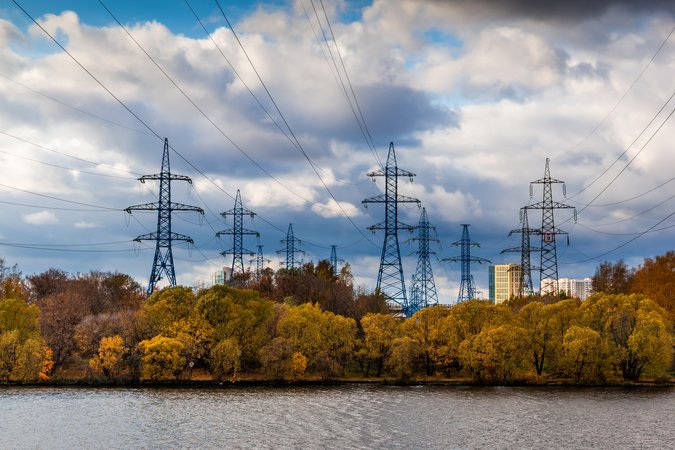Report Release: China 2050 High Renewable Energy Penetration Scenario and Roadmap Study
RFF hosted Wang Zhongying, director of CNREC, and a panel of experts to present an overview of the “China 2050 High Renewable Energy Penetration Scenario and Roadmap Study
Event Details
As the world's largest energy producer and consumer, China has ambitious goals for using renewables to adjust its energy strategy, enhance energy security, protect the environment, tackle climate change, and fulfill its international commitments. But achieving a transformation in which renewables make up a significant share of the energy supply will involve highly complicated integrated-system engineering.
The China National Renewable Energy Centre (CNREC) partnered with multiple Chinese organizations to better understand the country’s long-term renewable energy development options and develop a roadmap to get there. The result is a study that analyzes the potential for increasing renewable energy in China and overcoming the policy, regulatory, market, and institutional barriers to achieving a long-term strategic plan for energy transformation.
Join Resources for the Future (RFF) for the US release of the China 2050 High Renewable Energy Penetration Scenario and Roadmap Study. Wang Zhongying, director of CNREC, presented an overview of the methods, data, and key findings of the study. A panel of experts from China and the United States offered additional perspectives.
The study was supported by Energy Foundation China with guidance from China’s National Energy Administration. This event was hosted by RFF and sponsored by Energy Foundation China.
Introduction
Phil Sharp, President, RFF
Moderator
Joanna Lewis, Associate Professor of Science, Technology and International Affairs (STIA), Edmund A. Walsh School of Foreign Service, Georgetown University
Panelists
Wang Zhongying, Director, China National Renewable Energy Center; and Deputy Director General, Energy Research Institute, National Development and Reform Commission (China) (Download presentation.)
Samuel Baldwin, Chief Science Officer, Office of Energy Efficiency and Renewable Energy, US Department of Energy
Li Junfeng, Director General, National Center for Climate Change Strategy and International Cooperation, National Development and Reform Commission (China)




